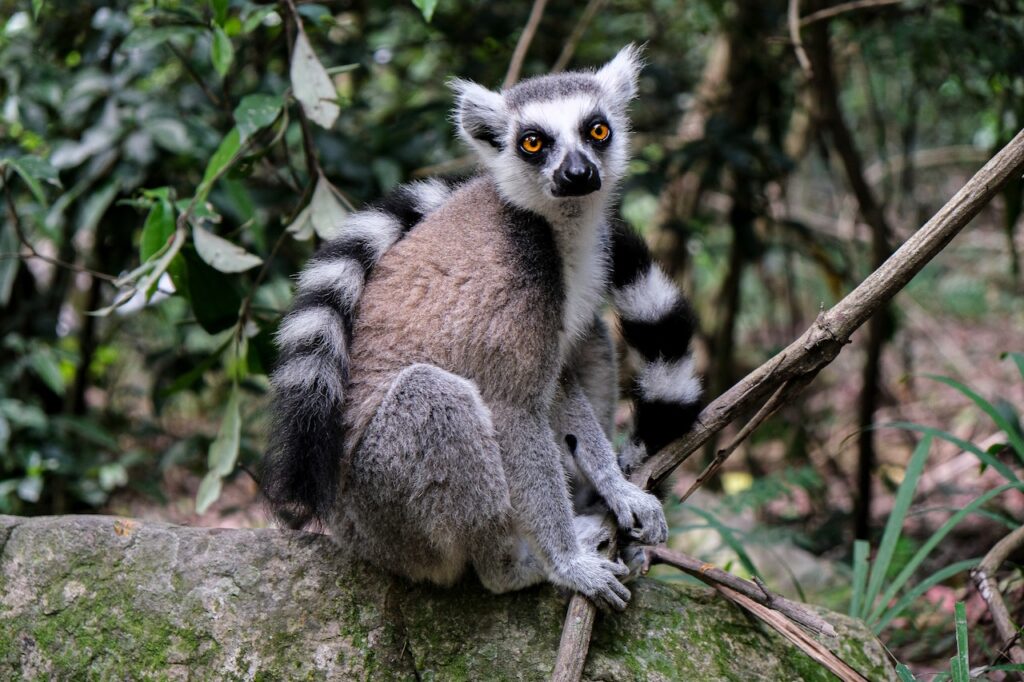
Biodiversity is the rich tapestry of life on our planet, encompassing the incredible array of species, ecosystems, and genetic variations. It is a fundamental aspect of Earth’s natural heritage, providing numerous benefits that are essential for the well-being and sustainability of our planet and all its inhabitants. However, in recent years, biodiversity loss has become a critical concern, highlighting the urgent need for conservation efforts. This article explores the significance of biodiversity, its current challenges, and the measures we can take to preserve and restore this invaluable resource.
The Significance of Biodiversity
Biodiversity is essential for maintaining the balance of ecosystems, which in turn supports the overall health of the planet. The intricate interplay between species ensures the availability of essential services such as pollination, nutrient cycling, and waste decomposition. These processes sustain agricultural productivity, water quality, climate regulation, and the provision of food, medicine, and other resources.
Biodiversity also contributes to the resilience of ecosystems, making them more adaptable to environmental changes and disturbances. Ecosystems with higher biodiversity tend to be more stable and are better equipped to withstand and recover from natural disasters, disease outbreaks, and other challenges.
Furthermore, biodiversity has aesthetic, cultural, and recreational value. It enriches our lives by providing inspiration for art, music, and literature, and offers opportunities for ecotourism and outdoor recreation.
Current Challenges and Threats
Unfortunately, human activities have significantly accelerated the rate of biodiversity loss. Habitat destruction, climate change, pollution, invasive species, overexploitation, and unsustainable practices, such as deforestation and intensive agriculture, are among the primary drivers of this crisis. These factors disrupt ecosystems, degrade habitats, and push numerous species towards extinction.
The consequences of biodiversity loss are far-reaching. Ecosystems become more vulnerable to disturbances, leading to reduced productivity, reduced availability of resources, and increased susceptibility to diseases. The loss of species also disrupts intricate ecological relationships and reduces the potential for future scientific discoveries and innovations.
Conservation Measures
Efforts to preserve and restore biodiversity are crucial for the long-term survival of our planet. Here are some key measures that can make a significant impact:
Protected Areas
Establishing and effectively managing protected areas, such as national parks and wildlife reserves, is vital for safeguarding biodiversity and providing habitats for numerous species to thrive.
Sustainable Land Use
Promoting sustainable agriculture, forestry, and land management practices can help minimize habitat destruction and promote the coexistence of human activities with natural ecosystems.
Conservation Education and Awareness
Raising awareness about the value of biodiversity and the need for its protection is crucial. Education programs can inspire individuals to take action and make environmentally conscious choices in their daily lives.
Collaboration and Policy Initiatives
Encouraging international collaboration, implementing effective policies, and enacting legislation that supports biodiversity conservation are essential steps towards achieving significant progress.
Research and Monitoring
Supporting scientific research and monitoring efforts is essential for better understanding biodiversity patterns, identifying threats, and designing effective conservation strategies.
Conclusion
Biodiversity is a priceless asset that underpins the functioning of our planet and is indispensable for human well-being. Preserving and restoring biodiversity is a shared responsibility that requires global collaboration, collective action, and long-term commitment. By recognizing the significance of biodiversity and implementing effective conservation measures, we can ensure a sustainable future for ourselves and the generations to come, where the marvels of nature continue to thrive in all their splendor.

